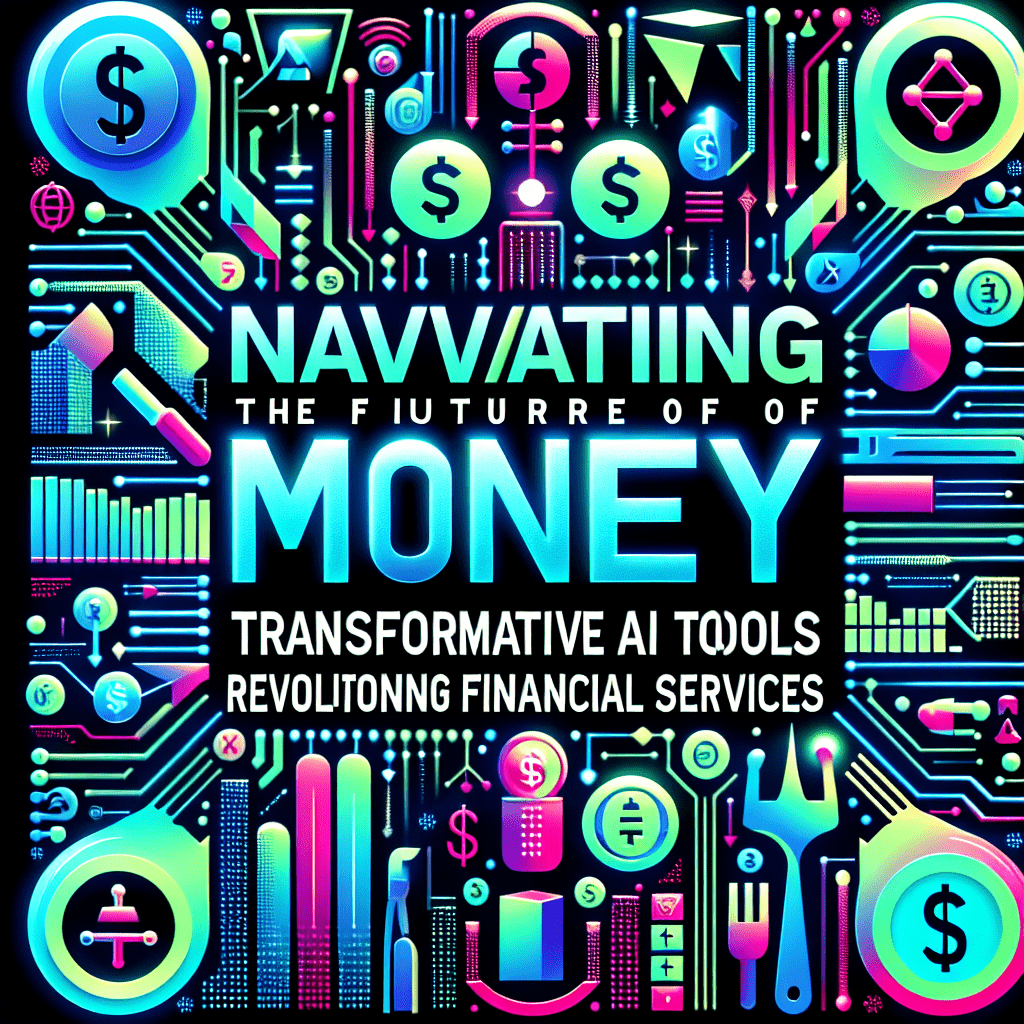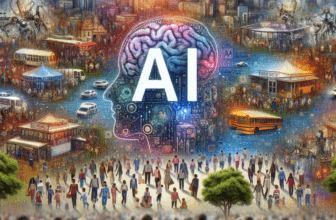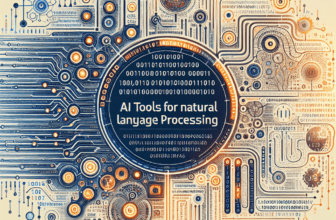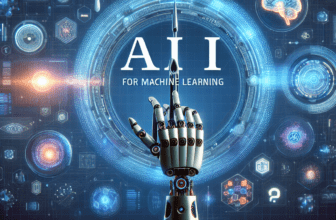
[ad_1]
The landscape of financial services is shifting rapidly, as technological advancements continue to redefine how we manage, invest, and think about money. At the heart of this transformation lies artificial intelligence (AI), which is not just reshaping the financial industry but also revolutionizing it. AI tools, with their ability to analyze massive datasets, predict market trends, automate complex processes, and personalize financial advice, are ushering in a new era of financial services. This revolution is not in the distant future; it’s happening now. Let’s explore five transformative AI tools that are at the forefront of this exciting change.
5 Transformative AI Tools Revolutionizing Financial Services
1. Robo-Advisors: Wealthfront and Betterment
Wealthfront and Betterment, two pioneers of the Robo-advising world, leverage algorithms to provide automated, algorithm-driven financial planning services with minimal human supervision. These platforms analyze your financial situation and goals through a series of questions and then use this data to offer personalized advice and automatically invest your assets.
The beauty of Robo-advisors lies in their simplicity and accessibility. They democratize financial advice, previously the domain of the wealthy, making it available to anyone with an internet connection. Furthermore, they offer lower fees than traditional financial advisors while allowing for a hands-off approach to investing.
-
- Website:
2. Fraud Detection and Security: Darktrace
In the era of digital banking and online transactions, financial security has never been more paramount. Darktrace uses advanced machine learning algorithms to detect anomalies and potential threats in real-time, thereby enhancing the security of financial operations. Unlike traditional security measures, Darktrace learns from the data flow within a network to understand what ‘normal’ looks like and can instantly identify and mitigate threats that deviate from the norm.
This AI-driven approach to cybersecurity ensures that financial institutions can stay one step ahead of cybercriminals, safeguarding individuals’ assets and trust in digital financial services.
-
- Website: Darktrace
3. Automated Customer Support: Chatbots like Erica by Bank of America
In the customer service domain, AI has enabled the rise of sophisticated chatbots that can handle a myriad of customer inquiries without human intervention. Erica, Bank of America’s virtual financial assistant, is a prime example. Using predictive analytics and natural language processing, Erica assists customers with transactions, provides credit report updates, and offers personalized financial guidance.
Chatbots like Erica not only enhance customer experience by providing instant support 24/7 but also allow financial institutions to streamline their operations and allocate human resources to more complex tasks.
-
- Website: Bank of America (Look for Erica on their official site)
4. Predictive Analytics for Investment: Kavout
Kavout combines big data, machine learning, and quantitative models to give investors predictive insights into stock performance. Its Kai Score, for instance, is a proprietary stock-ranking system that evaluates the potential of stocks based on various dimensions including value, growth, and strength. By doing so, Kavout helps investors make data-driven decisions, reducing the emotional bias that often accompanies investment choices.
For those looking to navigate the complexities of investment markets, tools like Kavout offer a glimpse into the future where AI not only suggests which stocks to buy or sell but also predicts market trends with a significant degree of accuracy.
-
- Website: Kavout
5. Blockchain and AI Integration: SingularityNET
Blockchain and AI are two technological trends that, when combined, have the potential to redefine not only financial services but numerous other industries. SingularityNET is a decentralized marketplace for AI services, enabling users to create, share, and monetize AI technologies at scale. It’s particularly relevant for the financial services industry, where secure and transparent transactions are crucial.
By integrating these two disruptive technologies, SingularityNET offers a new paradigm for financial operations, where transactions are not only secure and transparent but are also smarter and more efficient thanks to the AI algorithms running on the blockchain.
-
- Website: SingularityNET
Conclusion
The future of money is undeniably intertwined with the advancement of artificial intelligence. As we have seen, AI tools and technologies are not just enhancing the financial services industry; they are revolutionizing it by making financial advice more accessible, improving security, enhancing customer service, providing predictive investment insights, and integrating blockchain for smarter operations.
These examples barely scratch the surface of AI’s potential impact on financial services. As AI continues to evolve, we can expect even more innovative tools and technologies to emerge, further transforming our approach to money and finance. The future is bright, and it’s intelligent, with AI leading the way in crafting a smarter, more efficient, and equitable financial landscape for all.
Navigating this brave new world of digital finance will require openness to change, a commitment to continually learning about emerging technologies, and a willingness to embrace the unknown. Only then can individuals and institutions hope to leverage the full potential of AI in financial services, ensuring not just survival but prosperity in this exciting new era.
[ad_2]







